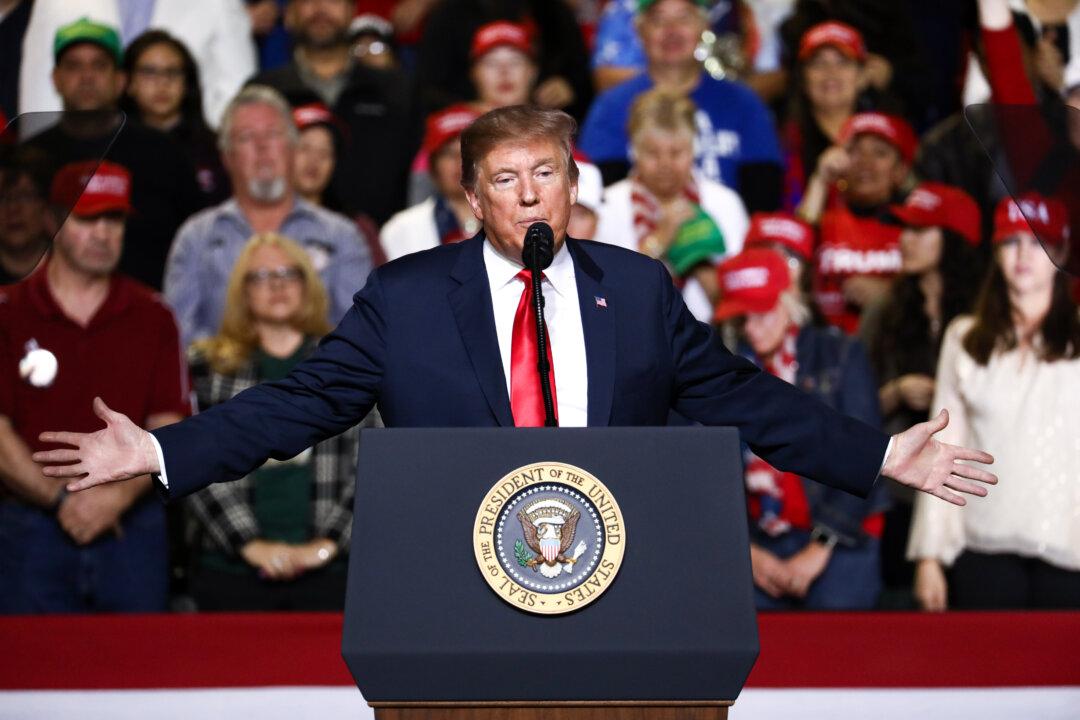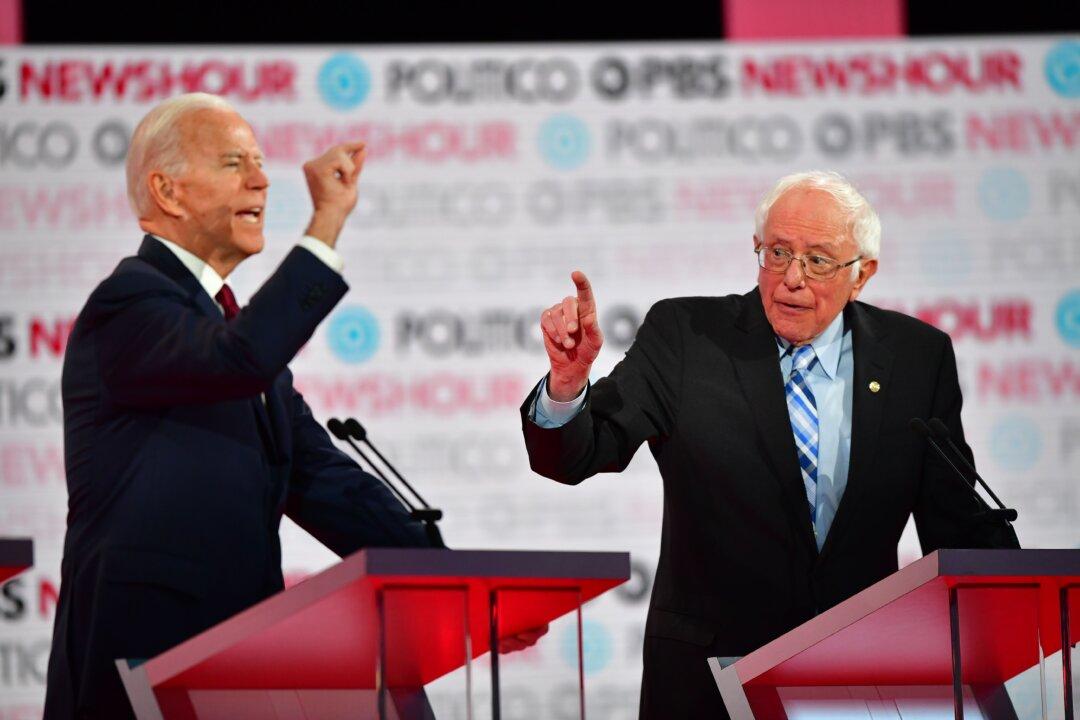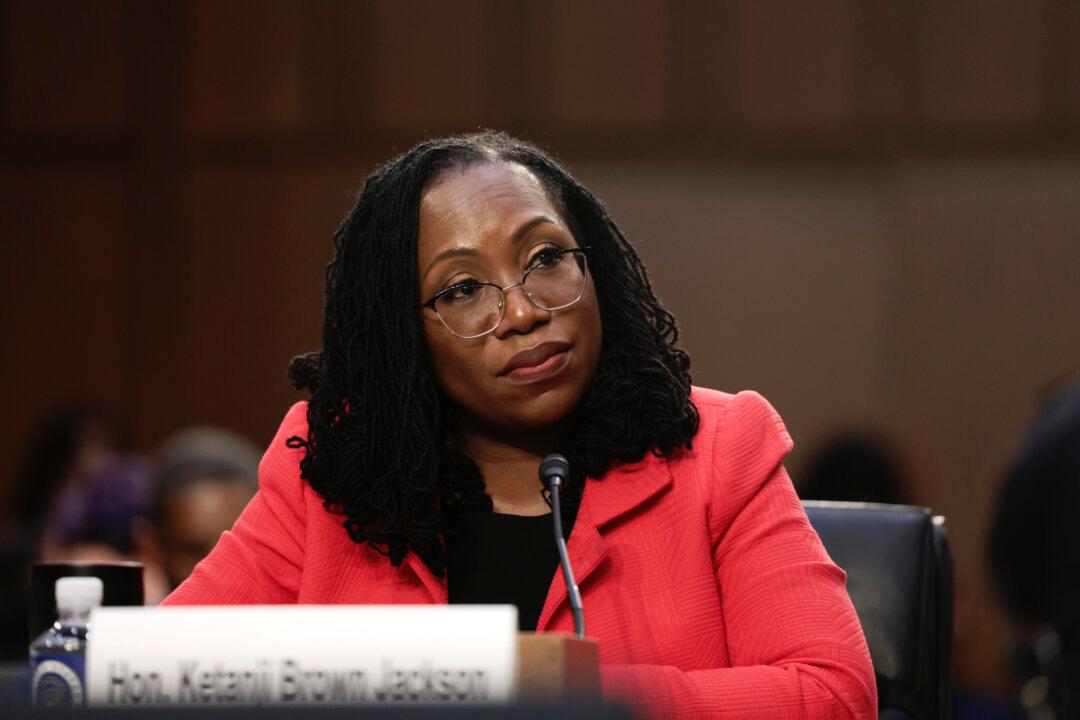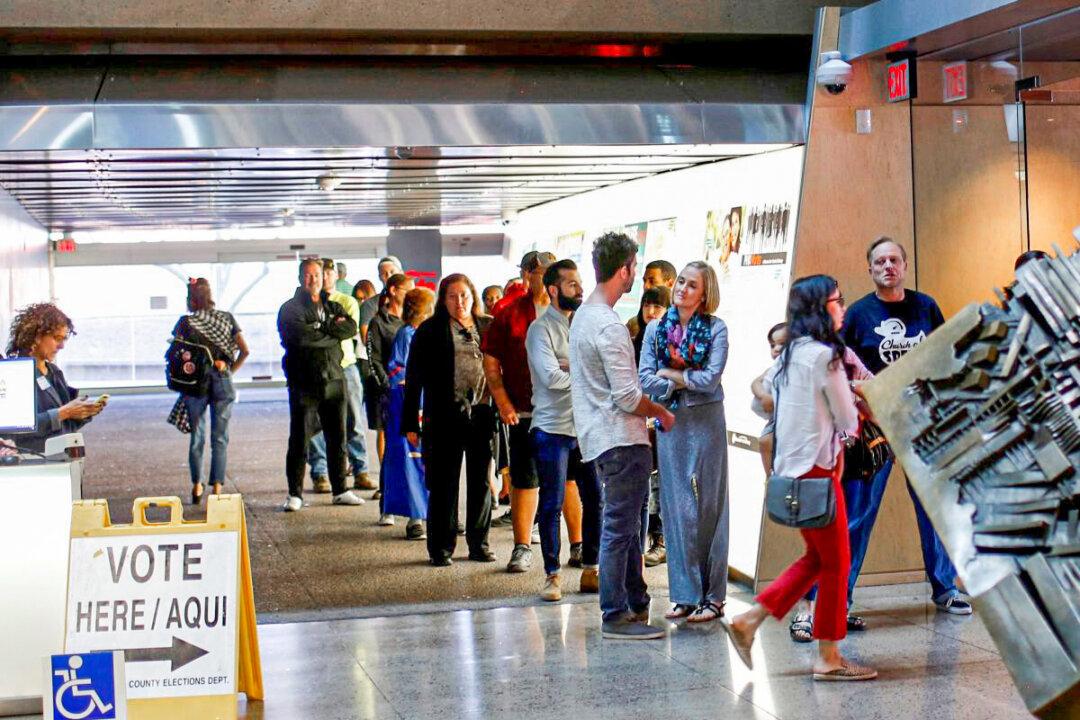The 2020 presidential election cycle is underway, which means that there are polls out that purport to handicap President Donald Trump’s chances for reelection.
Obviously, it’s too early to pay attention to those polls, but it’s not too early to pay attention to these seven things that will decide the 2020 presidential election.





